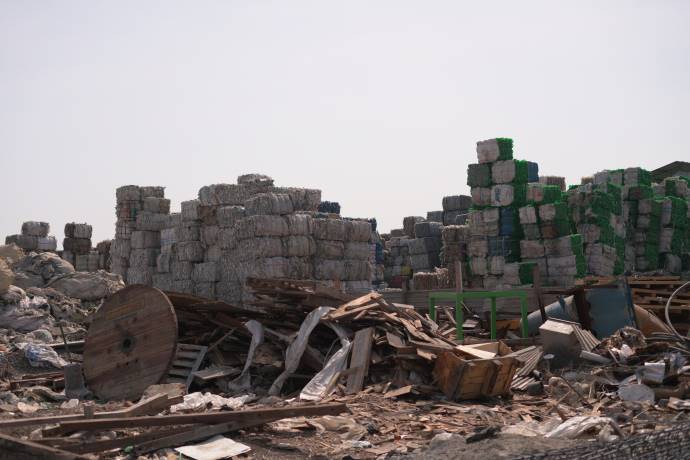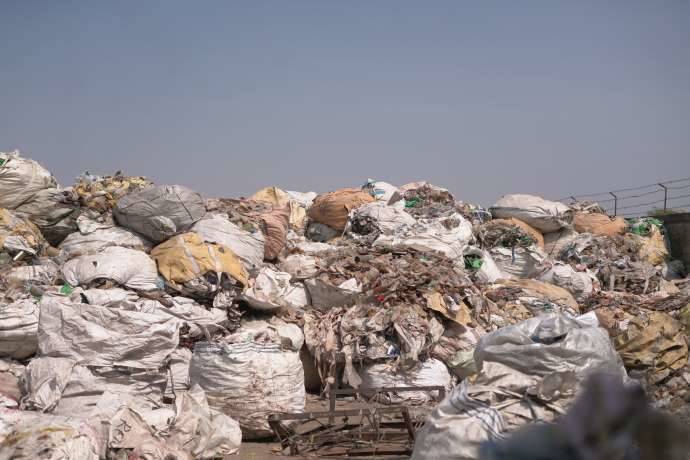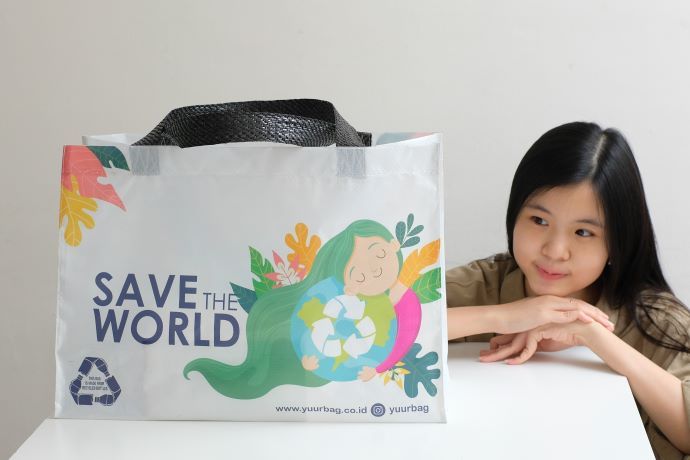Recycled PET for Food Contact: Safety & Regulations
Key Takeaways:
- rPET is food-safe and BPA-free when processed through FDA- or EFSA-approved recycling methods.
- Strict regulations in the EU and US require testing, migration limits, and process-specific approvals (e.g., FDA NOL, EFSA opinion).
- CoA verification is essential — buyers should check IV, moisture, contaminants, and traceability for every batch.
- Mechanical recycling dominates today, while chemical recycling is emerging but still under regulatory review.
- Global demand is rising, with EU rules requiring 25% rPET in bottles by 2025 and 30% by 2030.
Finding safe, sustainable materials for food packaging isn’t easy. You need something that protects consumers, meets strict regulations, and supports your sustainability goals.
Recycled PET (rPET) is increasingly the answer — but how safe is it for food contact, and what proof should you expect from your supplier?
This guide explains the essentials of rPET for food packaging: its safety, BPA concerns, regulatory framework, testing requirements, and how Langgeng Jaya Group ensures every batch is compliant and food-safe.
Is Recycled PET Safe for Food Contact?
Yes, recycled PET is safe for food contact—as long as it meets strict safety standards. Regulatory bodies like the FDA and European Food Safety Authority (EFSA) require rPET to go through approved recycling processes that remove contaminants and ensure it’s food-safe.
Is Recycled PET BPA-Free?
Absolutely! Recycled PET is 100% BPA-free. Unlike some plastics, PET (including its recycled form) never contained BPA, making it a great choice for food and drink packaging.
Also Read : Recycled PET vs. Virgin PET - A Comprehensive Comparison
How Is Food-Grade rPET Regulated?
Food-safe rPET must meet strict international regulations to ensure it doesn’t release harmful substances into food.
European Union (EU) Regulations
- Framework Regulation (EC) 1935/2004 ensures food contact materials do not transfer harmful substances.
- Plastics Regulation (EU) 10/2011 sets migration limits for substances in plastic materials.
- Regulation (EU) 2022/1616 specifically addresses recycled plastic materials for food contact, requiring EFSA approval of recycling processes.
- EFSA Approval is required to prove the recycling method removes contaminants effectively.
United States (US) Regulations
- The FDA assesses rPET safety case by case.
- Manufacturers must obtain a No Objection Letter (NOL) from the FDA, confirming their recycling process is safe for food contact.
- Safety assessments include contamination risks and migration limits.
Also Read : Things You Need to Know Before Buying Recycled PET
What to Expect on an rPET Certificate of Analysis (CoA)
Before buying, always request a Certificate of Analysis (CoA) for food-grade rPET. A typical CoA includes:
| Test Parameter | Why It Matters | Typical Standard |
| Intrinsic Viscosity (IV) | Ensures mechanical strength for bottles/films | 0.70 – 0.85 dL/g |
| Moisture Content | High moisture affects processing | ≤ 0.2% |
| Color (b*, L values) | Impacts clarity for bottles/packaging | Supplier-specific |
| Heavy Metals / Contaminants | Prevents migration into food | Non-detectable |
| Ash Content | Indicates inorganic residues | ≤ 0.5–1% |
| Odor / Sensory Test | Ensures no off-smell in packaging | Neutral |
Suppliers like Langgeng Jaya Group provide batch-specific CoAs, ensuring transparency and traceability.
How Food-Grade rPET Is Made
1. Mechanical Recycling (Most Common)
- Collection and sorting of post-consumer PET bottles
- Washing and flake production
- Deep decontamination in solid-state polycondensation (SSP) or similar processes
- Testing against migration limits
2. Chemical Recycling (Emerging)
- PET is broken down into its monomers (e.g., BHET, DMT).
- Monomers are purified and re-polymerized into “like-new” PET.
- While promising, only limited chemical recycling processes have received regulatory approvals so far.
What Is rPET Used For?
rPET is widely used in:
- Bottles (water, soft drinks, juices)
- Food containers (clamshells, trays, jars)
- Dairy packaging (milk bottles, yogurt cups)
- Flexible films for food wrapping
Beyond food, it’s also used in textiles, carpets, and automotive parts — but food packaging remains its highest-impact use.
Also Read: Recycled PET for Clothing — Benefits, Limits & Sourcing
The Future of rPET in Food Packaging
Demand for food-grade rPET is set to grow rapidly:
- The EU Single-Use Plastics Directive requires PET beverage bottles to contain 25% rPET by 2025 and 30% by 2030.
- Global brands (Coca-Cola, Nestlé, Danone) have pledged to increase rPET content to meet sustainability commitments.
- More chemical recycling technologies are under review by regulators, which may expand supply.
Also Read: How to Choose the Right Bulk Bag (FIBC) for Your Business
How to Audit an rPET Supplier: Buyer’s Checklist
If you’re sourcing food-grade rPET, ask for:
- CoA for every batch (IV, moisture, contaminants)
- FDA NOL or EFSA Opinion (process-specific approvals)
- Traceability documents (feedstock origin and mass balance)
- Third-party testing reports (migration, heavy metals, microbiological)
- Sustainability certifications (ISO 22000, HACCP, GRS if available)
This protects you from non-compliant or unsafe materials entering your supply chain.
Langgeng Jaya Group: Your Trusted rPET Supplier
At Langgeng Jaya Group, we produce high-quality, food-grade rPET clear flakes that comply with FDA and EU regulations. Our material is tested for migration, contaminants, and performance, ensuring it’s ready for direct food contact.
Why choose us?
- Certified Safe: Meets FDA and EU regulations.
- Custom Solutions: tailored IV and color for bottles, trays, or films.
- Sustainable: Supports circular economy with eco-friendly practices.
Final Thoughts
Recycled PET is safe, BPA-free, and critical to building a circular economy in food packaging. With rising regulatory targets and growing consumer demand, sourcing food-grade rPET from a trusted supplier is no longer optional — it’s essential.
Looking for a trusted rPET supplier? Contact Langgeng Jaya Group today!



